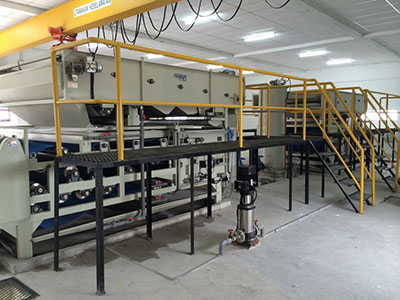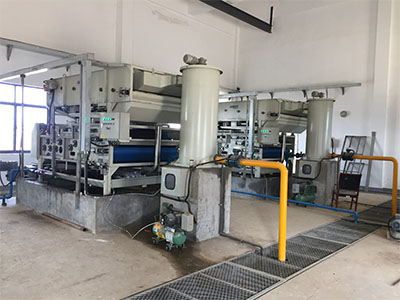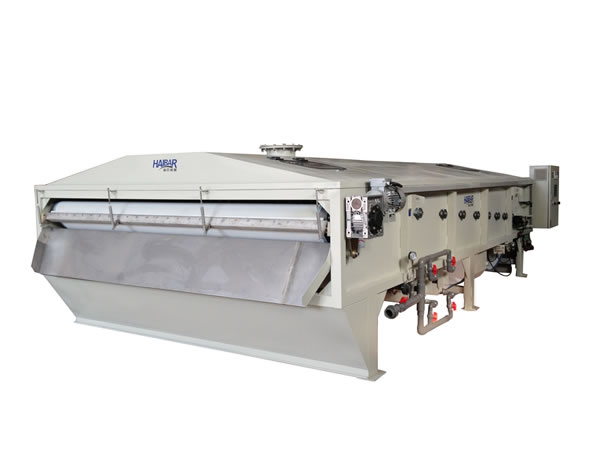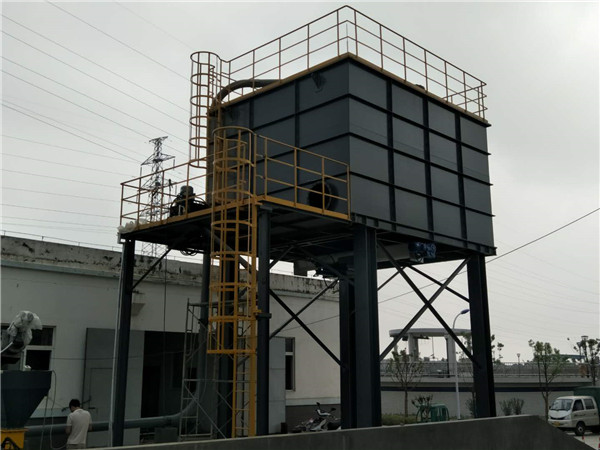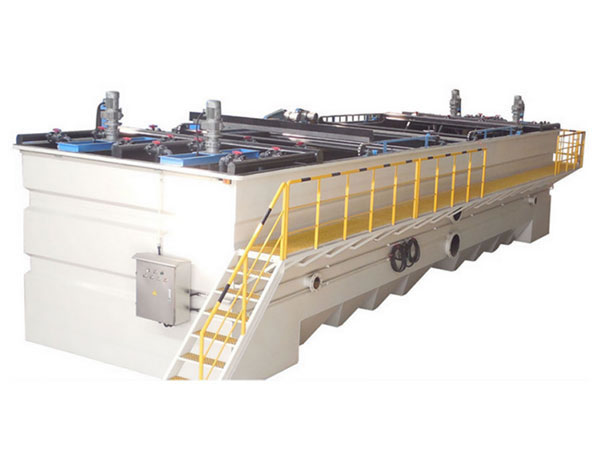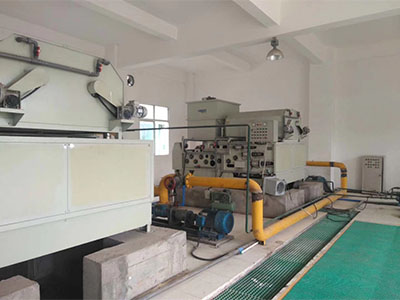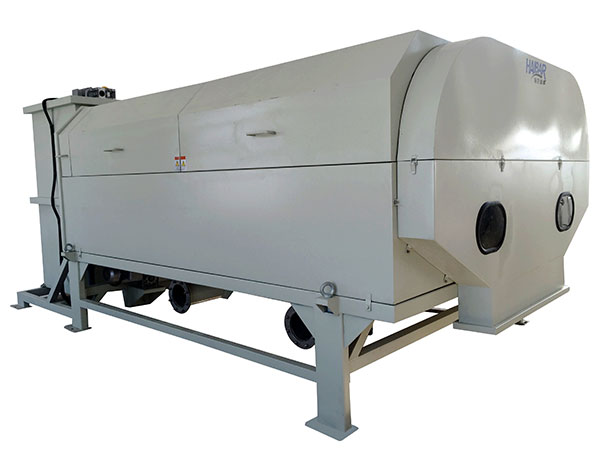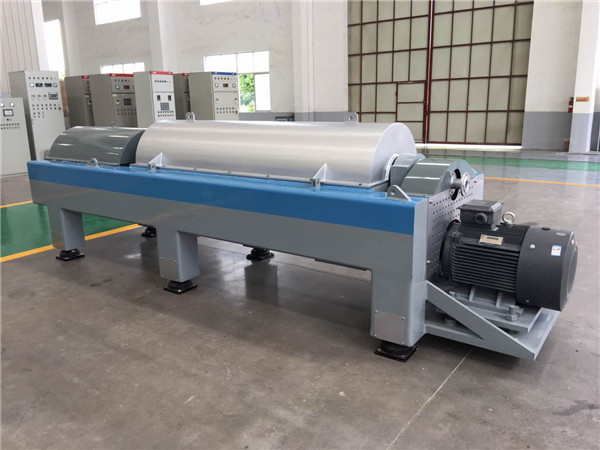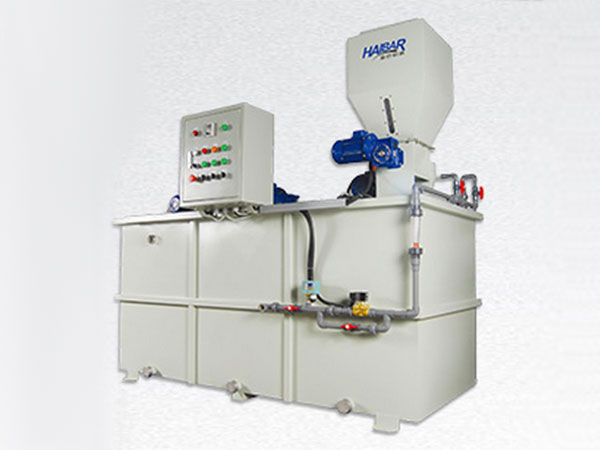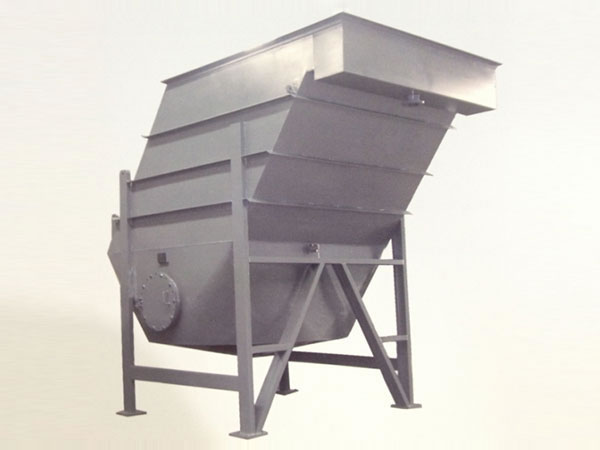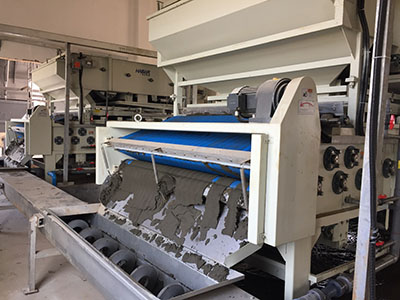palm oil mill - China Manufacturers, Factory, Suppliers
Our company since its inception, always regards product quality as enterprise life, continuously improve production technology, improve product quality and continuously strengthen enterprise total quality management, in strict accordance with the national standard ISO 9001:2000 for palm oil mill, Sludge In Tagalog , Wastewater Treatment Technologies , Manual Screw Press ,Uv Water Treatment . We welcome new and old customers from all walks of life to contact us for future business relationships and mutual success. The product will supply to all over the world, such as Europe, America, Australia,Monaco, Spain,Moscow, Iran.For many years, we have adhered to the principle of customer oriented, quality based, excellence pursuing, mutual benefit sharing. We hope, with great sincerity and good will, to have the honor to help with your further market.
Related Products


